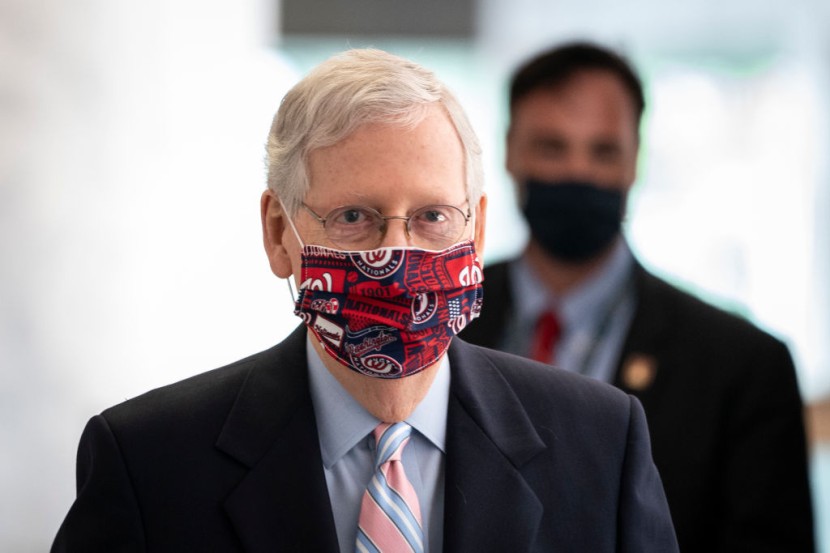
Based on the Senate Republicans' new stimulus proposal, most likely the second round of $1,200 stimulus checks will be on your way.
Mitch McConnell, R-Ky., Senate Majority leader introduced the HEALS Act wherein the terms of the new payments were included and outlined. In Democrats' HEROES Act, passed by the House in May, they are also calling for another round of $1,200 payments.
Aside from the second set of stimulus checks, both sides agree and currently works on other aspects such as government Paycheck Protection Programs loans to micro-entrepreneurs and businesses, expanded unemployment, and aid to assist schools for their reopening.
Senior policy analyst at the Tax Foundation, Garrett Watson shared that these stimulus payments is an area wherein there is an exception, and there is a broad understanding of the need for these payments, Forbes reported.
The amount of the payments and the scope in terms of eligibility is similar in the Republicans' proposal as the first set of payments that were authorized by the CARES Act this spring.
Senior fellow at the Urban-Brookings Tax Policy Center, Janet Holtzblatt, stated that the difference is just on the little details.
How much would you get?
According to CNBC, the same payment amount and income thresholds are required and observed in order to qualify under the HEALS Act and the first stimulus package.
In the stimulus payments, individuals will receive up to $1,200 while married couples could have $2,400 or higher depending on the number of dependents they have as each dependent is eligible for $500.
But individuals having a gross income of as much as $75,000 would be eligible but under full payments and checks will be reduced for those making over the said amount while checks will not be available for individuals having an income of over $99,000.
Read also: Trump Admin Proposes Bill to Extend Unemployment Benefit, Stimulus Package Talks Still Afloat
If a married couple will file jointly, they will be qualified if they are earning $150,000 for full payments, and those making above $198,000 will not have their requested checks.
Heads of households can be eligible for full payment if the income is up to $112,500 and would phase out totally for those earning over $136,500.
Regarding the first round of money, all of those who are recipients of federal support, supplemental security income social security, Railroad Retirement benefits, and also qualified to avail.
Eligible Dependents
Compared to the first stimulus checks, wherein only those children under the age of 17 will be eligible or qualified for $500 dependent, the Republicans are suggesting that all dependents in the family who will be qualified are also eligible.
This means children at the age of 17 and over, including college students, adults who are claimed as dependents under someone's tax return, and those disabled will be eligible as a dependent.
Non-US Citizens are Not Eligible
In their HEALS Act, Republicans did not also call for non-citizens to be eligible.
Meanwhile, Sen. Marco Rubio, R-Fla., proposed that Americans who are married to non-citizens to be eligible for the checks including their children as a dependent provided that their citizenship is American.








